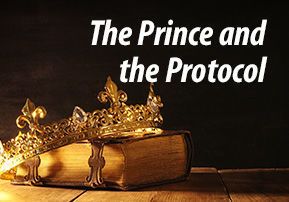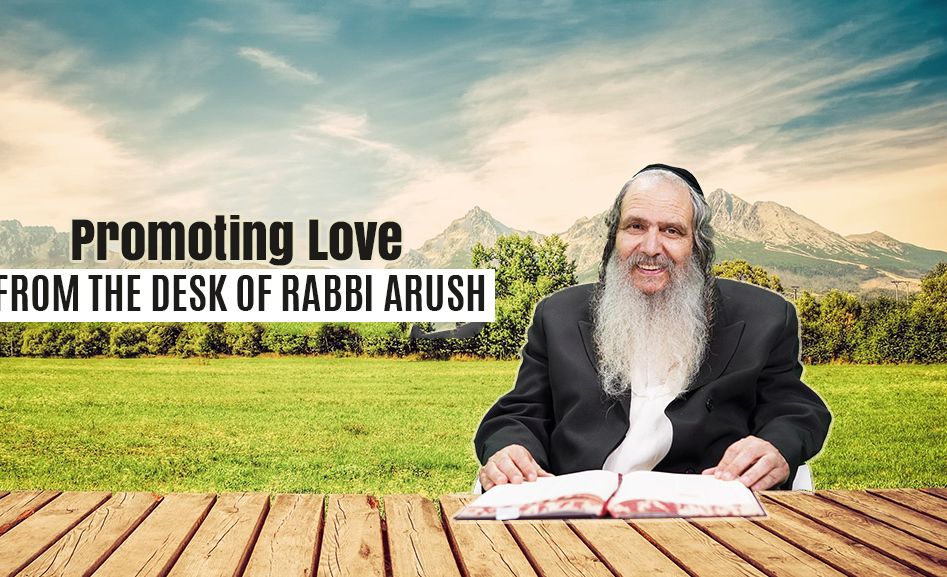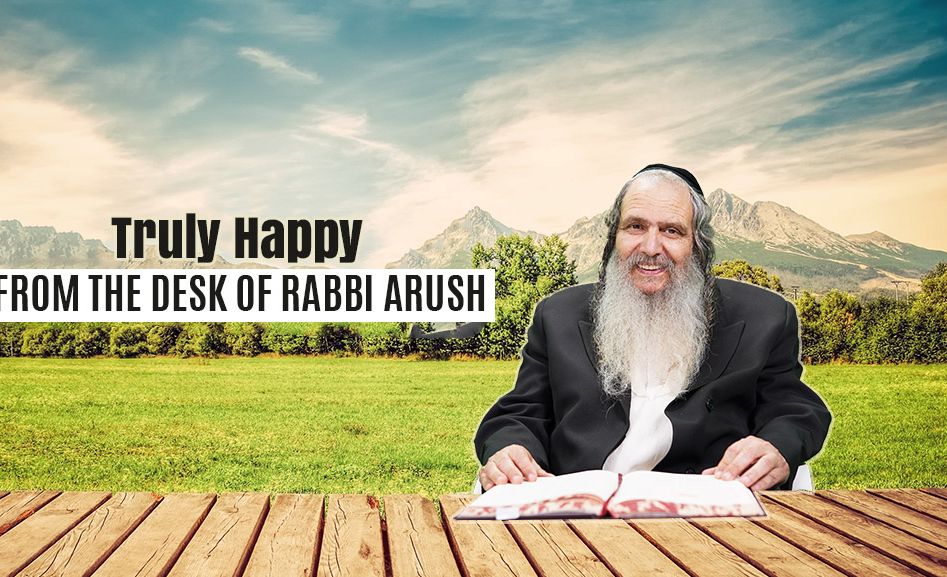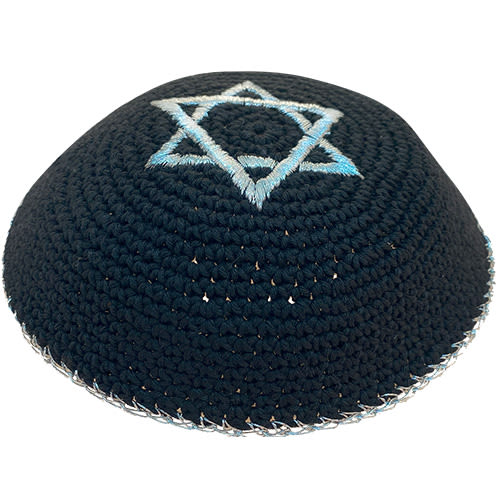
The Prince and the Protocol
A great Arabian king summoned his son the crown prince. "My son, you are bright and mature; I must prepare you for your future role in running the kingdom…"

An original parable
A great Arabian king summoned his son, the crown prince. “My son, you have reached the age of eighteen. You are bright and mature, and I must prepare you for your future role in running the kingdom. Know that you can’t run a nation unless you are able to run your own household. It’s about time you take a wife. Our cousin Sheikh Abu Iman has a beautiful daughter who is perfect for you…”
The prince gladly accepted his father’s advice and agreed to marry the lovely daughter of his father’s cousin. His father the king gave them a wedding gift of a 22-room palace, second in size and grandeur only to the king’s palace.
Within a few short years after the wedding, the crown prince and his wife the princess already had four children. Caring for the children and managing a 22-room palace was unthinkable. The prince remembered his father’s advice that he had to efficiently run his household before he could run the country. He therefore hired an entire staff of domestic help whose task was to assist the royal princess in managing the palace and help in attending to the needs of her children. The prince hired a cook, a governess, three chambermaids, a maintenance man and a concierge to oversee the staff.
The concierge was the intermediary between the princess and the domestic staff. He made sure that  they were disciplined and properly fulfilling their jobs. This spared the princess time and energy, for she could attend to the needs of her children rather than expending her strength in supervising the staff. If she needed minimal personal contact with the help, then there was no need for the prince to speak to anyone other than the concierge.
they were disciplined and properly fulfilling their jobs. This spared the princess time and energy, for she could attend to the needs of her children rather than expending her strength in supervising the staff. If she needed minimal personal contact with the help, then there was no need for the prince to speak to anyone other than the concierge.
Once, when the princess was preoccupied, the prince broke protocol and spoke directly to the governess, asking her about the welfare and progress of one of his children. Once the ice of protocol began melting, the prince began to look for more excuses and opportunities to speak to the governess.
The princess was a bright and intuitive young woman. She didn’t say a word to her husband. Instead, she sent a secret signed and sealed envelope directly to the king. The king in his vast wisdom knew that she was completely justified in her concerns, lest her husband become entangled in further impropriety.
The king summoned the prince. “My son,” he said sternly but lovingly, “you have a bright future ahead of you. You must know that everything you have – your palace, your money, your domestic help – are all tools to help you perform your mission in preparing yourself to run the country. As soon as one of your tools becomes a goal or a mission in itself, you must rid yourself of it immediately. You are the king’s son. Any scandalous or unworthy behavior on your part renders you undeserving of the lofty task with which you are blessed. Never forget that you must maintain unswerving loyalty to your wife the princess and to the lovely children she gives you. Therefore, give the governess her severance pay and terminate her employment immediately. Be happy that your weakness has been exposed before it developed into something much worse. Use this as an opportunity to assess and correct yourself. Let the princess and concierge attend to hiring a new governess. In the future, pay attention to maintaining protocol as well as your princely stature and propriety. Your future and the future of the kingdom depend on it.”
The prince gracefully accepted his father’s benevolent castigation, implemented his directives and advice and subsequently went on to greatness.
* * *
Our parable teaches about the task and priorities of a Jew. The king is Hashem while the crown prince is the Jew. The princess is the Torah and her children are the mitzvot, the commandments of Torah.
The domestic staff whose task is to serve the princess is a metaphor of vocations and avocations that are designed to assist the Jew in performing his task in life. He must maintain his loyalty to Torah and mitzvot, and this must be his main focus. Sure, his job in hi-tech or his professional career is the conduit for putting food on his table. His membership at the gym is a means to help him exercise regularly and to stay in shape so that he’ll be able to serve Hashem for many long and healthy years. But, as soon as he prioritizes career, gym, or any other preoccupation over Torah and mitzvot, it must go, for he is failing to perform his task as the King’s son. How fortunate are those who realize that they are royalty.










11/23/2017
Do you believe in prophet mohamed and prophet jesus
Deuteronomy 18:18 – A prophet like Moses (AS) I will establish a prophet for them from among their brothers, like you, and I will place My words in his mouth; and he shall speak to them all that I shall command him. – Devarim 18:18
11/23/2017
Deuteronomy 18:18 – A prophet like Moses (AS) I will establish a prophet for them from among their brothers, like you, and I will place My words in his mouth; and he shall speak to them all that I shall command him. – Devarim 18:18